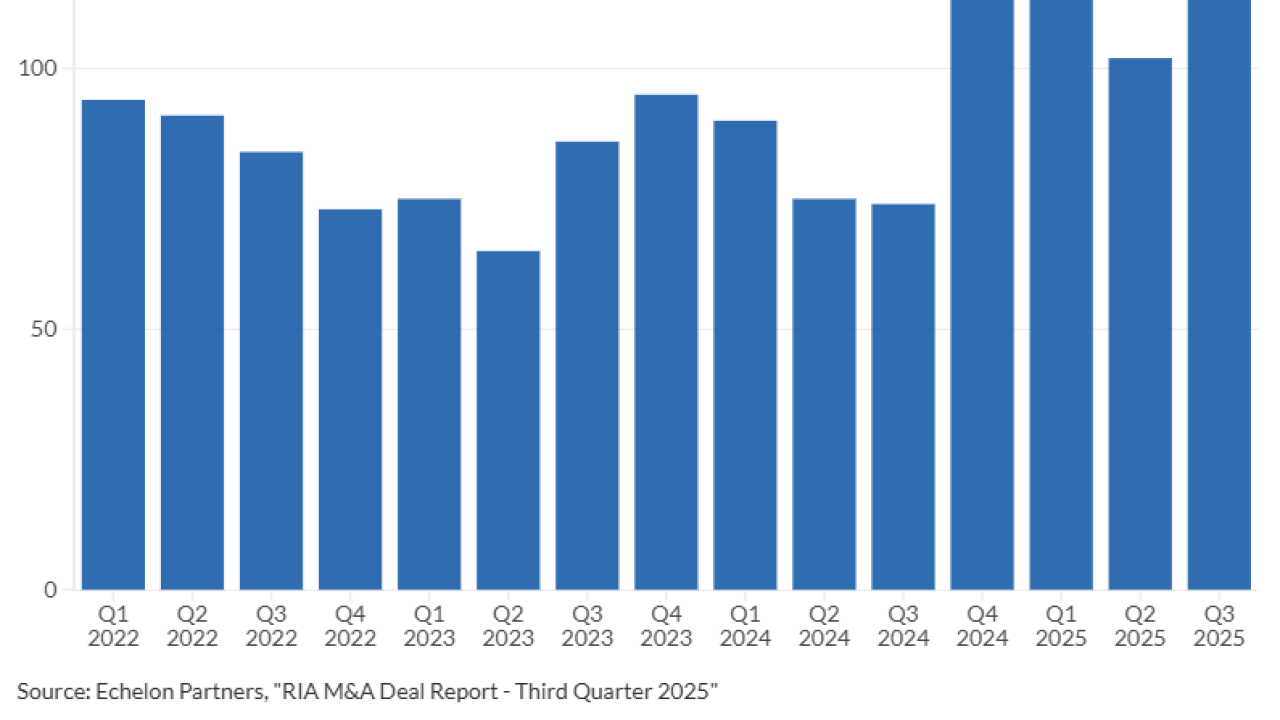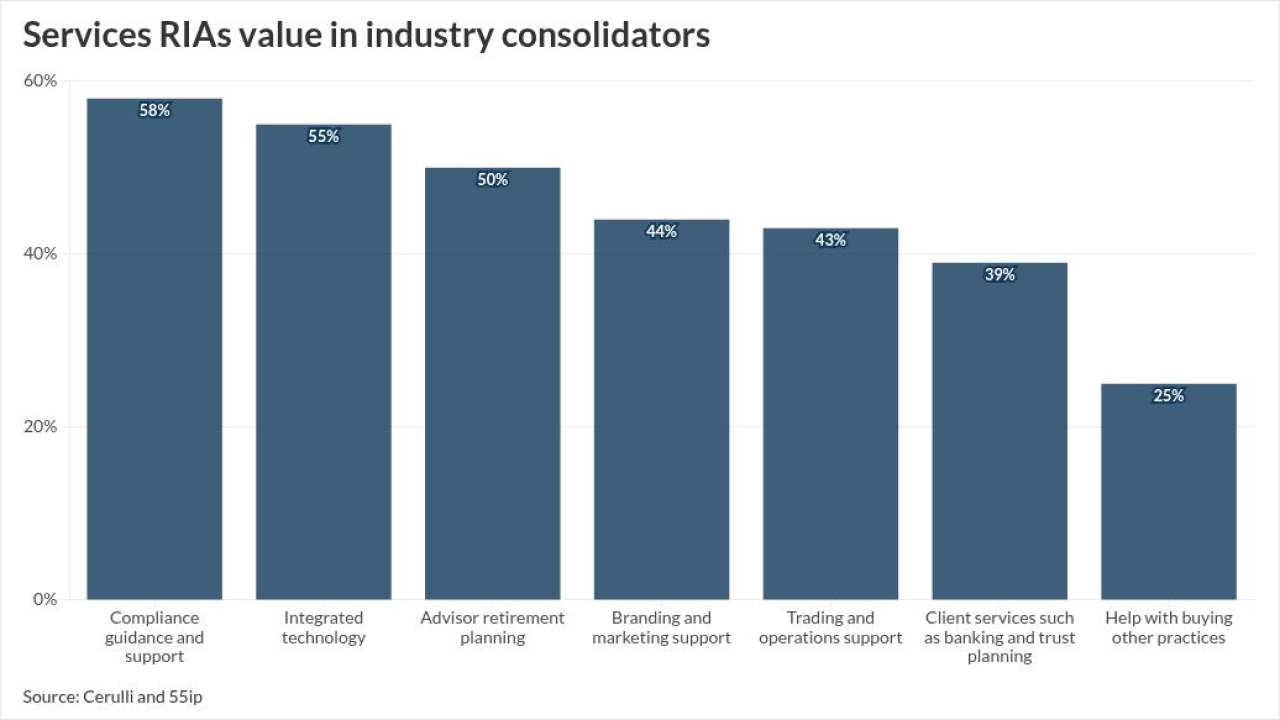Our daily roundup of retirement news your clients may be thinking about.
Clients should not underestimate the impact of taxes on their income after they retire, as their tax liability could reduce substantially their net earnings, according to this article on Motley Fool. Retirees are expected to face a tax bill on distributions from their traditional 401(k) and IRAs and on a portion of their Social Security benefits. They will also owe taxes on their gains from taxable accounts.

Lower-income families with less than a million dollars in total investable assets stand to gain more from paying off their home mortgage before retirement compared with wealthy households, according to this article on MarketWatch. Families with more than $1 million invested assets should treat debt the way companies do and use it to limit their risk exposure. "You are a lot better off if you can bring more money to the table through the strategic use of debt and then target a lower, less-volatile return," says an expert.
Undoing a Roth conversion could have an impact on a 73-year-old retiree's required minimum distribution from his traditional IRA for this year, according to this article on Kiplinger. Converting the IRA assets to a Roth would be excluded from RMD calculation for 2017, but recharacterizing it and getting back the money paid for taxes on the converted amount would mean an increase in the RMD amount and the subsequent tax. “If all or a portion of the conversion is reversed, an adjustment to the December 31, 2016, balance needs to be made, thus increasing the 2017 RMD,” says a retirement strategist.
Clients may calculate their Social Security retirement benefits based on their 35 highest years of inflated adjusted earnings, according to this article on Forbes. People who earned the maximum amount in all those years before turning 66 this year can expect the maximum benefit of $2,687 if they start collecting this year. The benefit would increase if they continue to work and earn more than the previous 35 best earning years.
Many Americans fared poorly in a retirement literacy survey conducted by the American College of Financial Services, according to this article on Chicago Tribune. Only 38% of the participants were aware that the maximum sustainable withdrawal rate is 4% for a nest egg worth $100,000, while only 34% of the respondents knew the impact of negative return on assets is greater at retirement age than either before or after retirement. The survey also found that participants had average understanding about IRAs, with many participants not knowing a sufficient amount of Social Security benefits.





